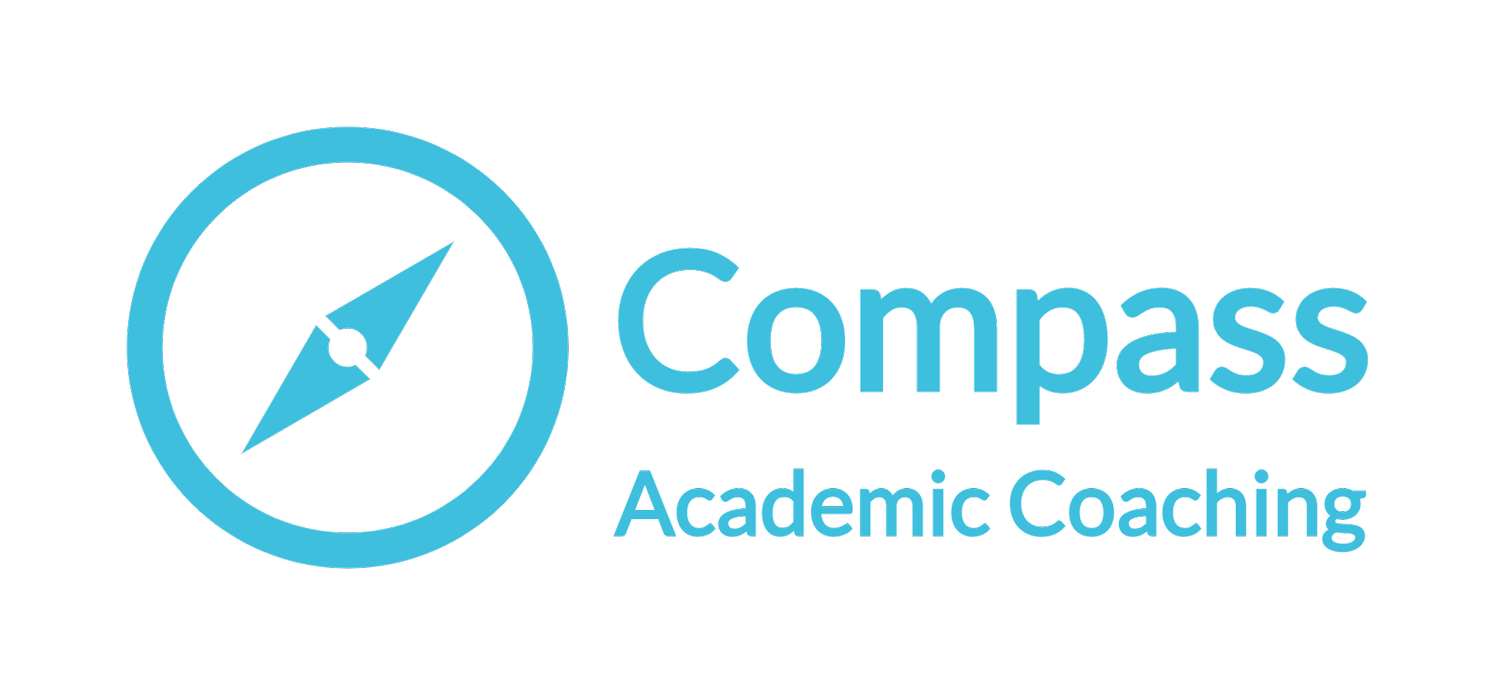Choosing a reference management system
When you started your doctorate, you never imagined how much stuff you would read. Whether you are just starting the journey or you’ve already accumulated your own personal library of readings, you’ve got to keep track of it all somehow. Your brain can’t hold that much information—you need some kind of external support system, so you don’t get derailed in the writing process trying to find that source you sort of remember reading that is absolutely essential to the argument you are trying to make.
Fortunately, there are a lot of tools out there to help you keep track of it all. But because there are so many different tools, choosing one can feel overwhelming. How do you know which system is right for you? Don’t let the overwhelm stop you from picking a system and getting started with it. Here, I break down the factors you want to consider.
First, let’s review what reference management software is for. You are looking for software that helps you:
Collect articles and other reference sources
Organize them in a personal library
Attach your own notes and summaries to the reference
Find stuff easily
Review stuff easily
Easily cite the source in your text
Generate a properly formatted bibliography/works cited/reference list
What do YOU specifically need from reference management software? Consider:
Cost: are you able to pay for this software now or in the future (after you graduate or change institutions?)
Your system (Mac vs. PC vs. Chromebook)
Your preferred word processor (Word vs. Google Docs vs. Scrivener vs. something else?)
Support: How important is it you to have a human to help you when questions or issues come up?
Sharing: Do you need to share references with collaborators?
Languages you use for research and writing: Some systems are better at handling multiple languages than others.
Where to find your options and start to compare them?
Start with what your institution provides for you. This should be free to you, and support is likely provided.
Ask friends and colleagues what they use, what they like about it, and what they don’t.
You can always Google “reference management software comparison” to quickly compare different options to determine which meet your needs. Here’s a comparison on Wikipedia. Just be sure to check the date of the comparison resource as software can change quickly.
Here’s a sample list (not exhaustive) of reference management software available when I did my research for this blog post:
People work differently. For you, other approaches and tools might take the place of reference management software:
Some researchers like to create a homegrown system using a spreadsheet tool. If you like to create stuff like this, just be sure to build in the essential functions listed above
LiquidText is a reading tool that allows you to mark up article PDFs and make connections across them.
Scrivener is a word processor and organization tool for writing long works.
If you are already using a reference management software, I’d love to hear what you use and what you like/dislike about it. Share in the comments!

